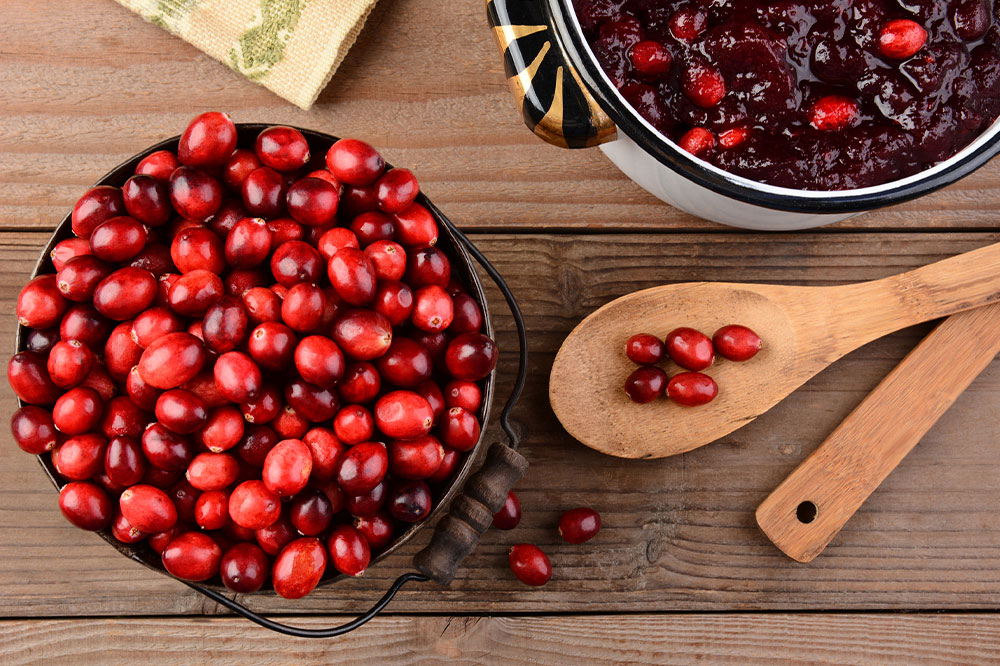
Chronic kidney disease – Natural remedies, causes, and symptoms
Chronic kidney disease, widely known as chronic kidney failure, is a condition that leads to an eventual deterioration in kidney function, hampering its ability to filter out excessive wastes and fluids from the blood. If left untreated, people diagnosed with the condition will encounter complications like anemia, nerve damage, poor nutritional health, high blood pressure, and weak bones. An early diagnosis and timely treatment can help prevent the slow progression of the disease.
Causes
Chronic kidney disease is primarily triggered by an illness that tends to cause the kidney to malfunction over prolonged periods. Some prevalent conditions that cause kidney malfunction include inflammation of the kidney’s filtering units (glomeruli), Glomerulonephritis, and Type 1 or Type 2 diabetes. Diseases like kidney stones, enlarged prostate, and some cancers obstruct the urinary tract for prolonged periods. Pyelonephritis- a condition that causes recurrent infections in the kidney, and Interstitial nephritis-a condition in which the tubules and the surrounding structures of the kidney are inflamed also lead to this condition. Other causes include high blood pressure, genetic kidney diseases including Polycystic kidney disease, and Vesicoureteral reflux- a condition in which the urine is caused to back up into the kidneys.
Symptoms
As the condition of kidney damage slowly progresses, the development of symptoms and signs also advances. Some of the primary symptoms that mark the malfunction of kidney performance include loss of appetite, sleep problems, decreased mental sharpness, muscle cramps, vomiting, high blood pressure, or hypertension, which is beyond the control. Shortness of breath due to a build-up of fluids in the lungs, chest pain triggered by fluid build-up around the heart lining, nausea, fatigue and weakness, urinating less or more, swelling of ankles and feet, and dry, itchy skin are some other symptoms. It is pertinent to mention that there are hardly any specific kidney disease symptoms and signs, implying that other health conditions can also lead to kidney issues. Besides, since kidneys are known for their capability to cover up for their lost function, the symptoms and signs mentioned above may not be observable unless irreversible damage has occurred.
Therapy
So far, no definite cure has been discovered for kidney disorders. Consequently, most kidney diseases are treated by detecting the potential cause, managing symptoms and signs, lessening the complications, and disabling the disease’s slow progression. Patients suffering from end-stage kidney disease are dealt with by dialysis or kidney transplant.
Natural remedies
Besides clinical treatments, certain lifestyle changes and natural remedies can help ease kidney disease symptoms. These include getting sufficient sleep, managing diabetes, high blood pressure or hypertension, and heart diseases, developing healthy nutritional habits, making physical activity a vital part of daily routine, and engaging in stress-reducing activities, like yoga, breathing exercises, and so on.
Healthy eating habits
A well-balanced nutritional regime includes foods one must incorporate into daily routine and foods that must be avoided at all costs. As far as patients with kidney diseases are concerned, sufficient antioxidants should be included in their daily food habits, and nutrients like potassium, phosphorus, and excessive protein must be avoided to ease the symptoms. Some safe foods for people with this condition include cabbage, red grapes, cranberries, bulgur, and macadamia nuts. Some foods that kidney patients can avoid include avocado, canned foods, bananas, whole wheat bread, dairy products, brown rice, apricots, potatoes, and sweet potatoes
Even though the methods mentioned above provide adequate information on managing chronic kidney disease, it is highly recommended to visit an expert health practitioner at the earliest to put a full stop to the slow progression of the disease.




